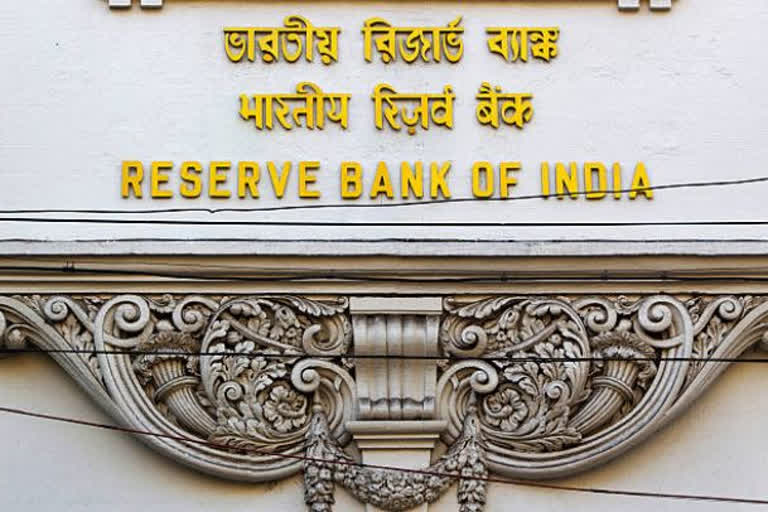Hyderabad: The Reserve Bank of India’s (RBI’s) monetary policy report released on Friday said that retail inflation in the country may ease sharply this fiscal due to softening food inflation and a steep correction in crude oil prices after the Covid-19 pandemic hit the world economy.
India’s consumer price index (CPI)-based inflation for 2020-21 is tentatively projected to ease from 4.8% in Q1 to 4.4% in Q2, 2.7% in Q3 and 2.4% in Q4, according to the RBI report. The central bank added that, going by the prevailing high uncertainty, aggregate demand may weaken even further than currently anticipated and ease core inflation further, while supply bottlenecks could exacerbate pressures more than expected.
“With several major economies in lockdown mode, demand conditions may weaken sharply. Accordingly, countries across the world are bracing up for deflationary forces to take hold. India may not be immune to these extreme downside pressures imparted by the pandemic,” the RBI report said.
To recall, CPI inflation stood at 6.58% in February and 7.59% in January. Retail inflation numbers for March are yet to be released and might come with caveats as data collection has got hit due to the national lockdown. “With the entire country in lockdown, the NSO (National Statistical Office) would face considerable challenges in compilation and measurement of consumer prices,” the report mentioned.
Read more:War against COVID-19: India-ADB may sign loan agreement this month
The RBI report said that softer inflation projections for 2020-21 have taken into account initial economic conditions, signals from forward-looking surveys and estimates from time series and structural models. It added that, for 2021-22, assuming a normal monsoon and no major policy shocks, retail inflation could move in the range of 3.6-3.8%.
Explaining the reason behind the sharp drop in inflation rate, RBI mentioned that food prices are expected to soften under the beneficial effects of the record foodgrains and horticulture production, with a collapse in crude prices further working towards easing inflationary pressures.
RBI, however, alerted that all these numbers are heavily conditioned by the depth, spread and duration of Covid-19 and shifts in any of these characteristics of the pandemic can produce drastic changes in the outlook. “In these conditions, forecasts are hazardous as they are subject to large revisions with every incoming data on the pandemic,” the report noted.
Lower retail inflation should partially be seen as a relief in the country that has seen consumer price inflation surge between October 2019 and January 2020, mainly propelled by a spike in vegetable prices, particularly of onions. Retail inflation had in fact breached the upper tolerance threshold in December (set by RBI) before moderating in February.
(ETV Bharat Report)



